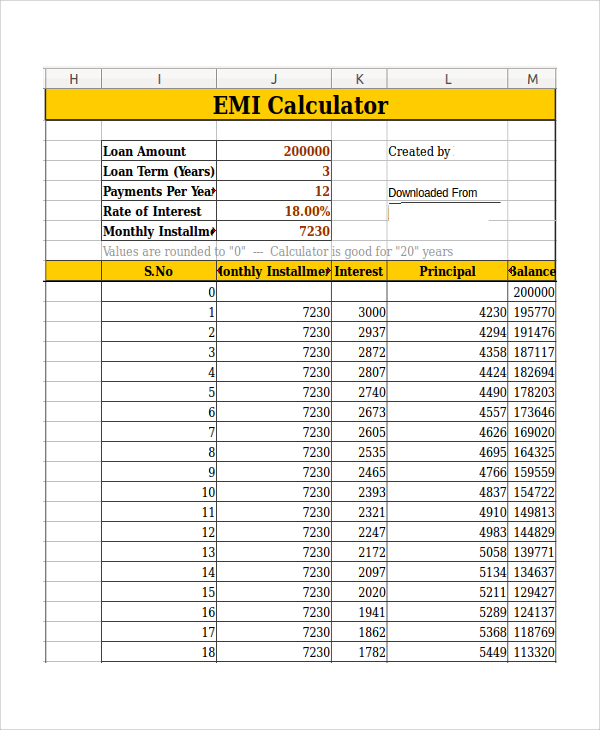
If you fail to make your loan payments, the financial institution can repossess the vehicle. In essence, this means that while you have the legal right to possess and use the car, it’s the lender that truly owns it.

When you finance a car, the lender becomes the lienholder and is the owner of the car title until you pay the loan off. In the table below, you can compare used and new car loan rates for each credit score range on the FICO score model:Īn auto loan is a type of secured loan that uses the car that’s being financed as collateral. While other factors affect the auto loan interest rates you’re offered, the credit band your score falls into is among the most influential. Creditors group people into categories - sometimes called credit bands - based on credit-scoring models like FICO ® and VantageScore. Average Car Loan Interest Rates by Credit ScoreĪccording to Experian’s most recent State of the Automotive Finance Market report, the average auto loan interest rates across all credit scores are 6.63% for new cars and 11.38% for used cars. Below we’ll detail average car loan rates by credit score, state and vehicle type. There are a range of factors that can influence what APRs you get. APRs include your interest rate along with the fees and other costs that come with the loan. Auto loan annual percent rates (or APRs) are the most common rates you’ll see advertised on auto loan sites. The average car loan interest rate currently is 9.00%.

Knowing average auto loan interest rates can give you an idea of what you might qualify for and help you find out if you’d get a good rate on your auto loan. Many factors play a role in the interest rates you’re offered for car loans, but your credit score is the most influential.


 0 kommentar(er)
0 kommentar(er)
